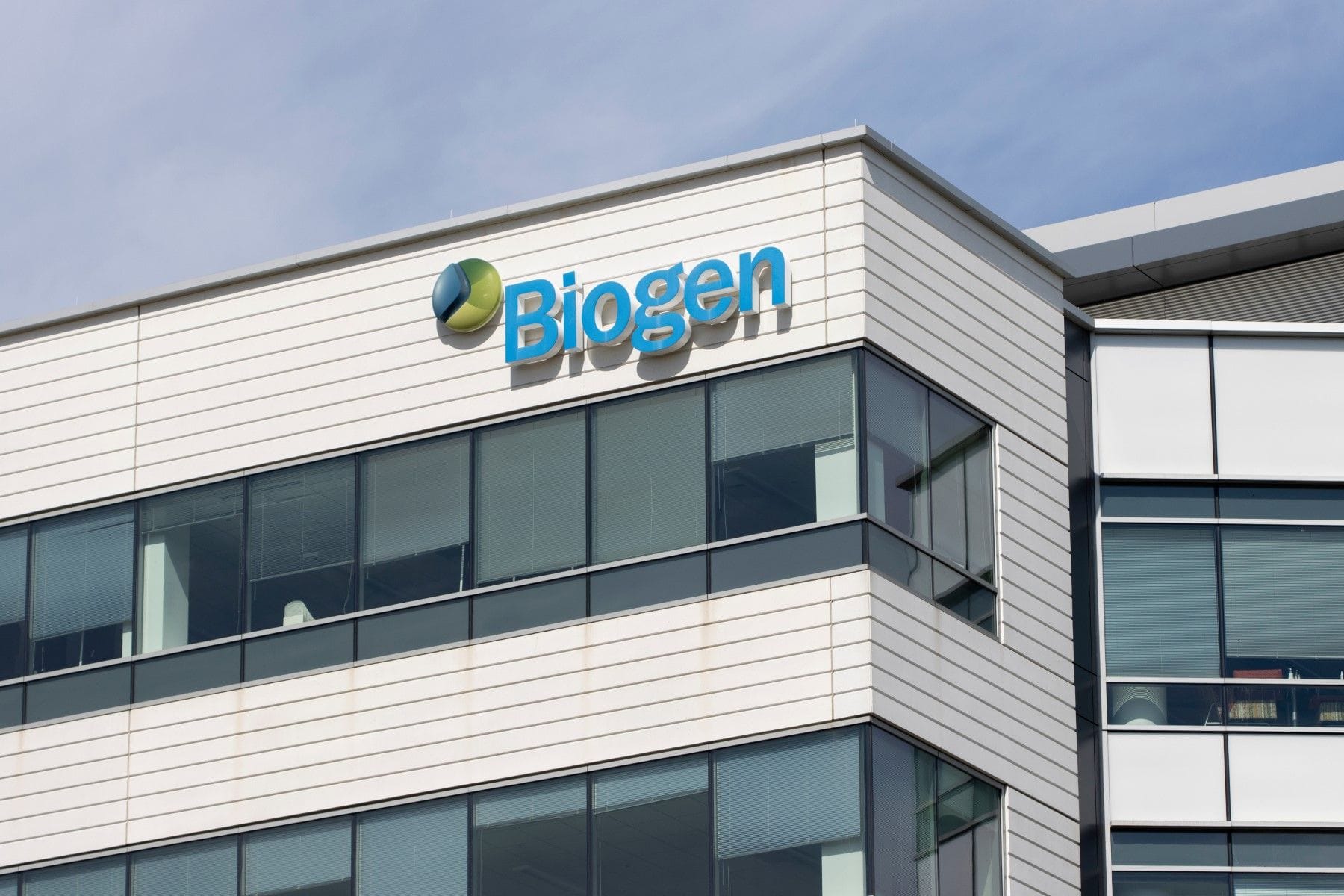Genentech Sues Biogen Over $122M in IP Royalties for Post-Patent Sales of MS Drug
A biotech royalty clash heads to verdict, testing how far patent-linked payments can stretch past expiration in high-stakes IP licensing.
Updated on
In a closely watched intellectual property licensing dispute, Genentech Inc. has wrapped trial proceedings in a California federal court against Biogen MA Inc., alleging the biotech giant improperly withheld $122 million in royalties tied to sales of its multiple sclerosis drug Tysabri after the expiration of a patent in December 2018.
The breach of contract lawsuit, filed in 2023 by Roche subsidiary Genentech, involves tail royalties (payments still being owed on products manufactured while a patent is active but sold after its expiration). Genentech claims that Biogen violated its license agreement governing the use of the Cabilly patent family by refusing to remit royalties on vials of Tysabri that were manufactured before the patent expired but sold between 2019 and 2022.
The Contract and the Cabilly Patents
The specific patents in the case are U.S. Patent No. 6,331,415 and a continuation patent. Genentech held exclusive licensing rights to the patent family and granted Biogen a license that required royalty payments of 4.5% on U.S. net sales and 3.5% internationally.
The license remained in effect until the expiration of the patent on December 18, 2018. But Genentech maintains that the agreement unambiguously obligates Biogen to pay royalties on “all net sales of all licensed products sold,” with “licensed product” defined as any Tysabri manufactured using the patented process, regardless of when the sale occurred.
Genentech’s Argument: If You Used It and Sold It, You Owe Us
Genentech's closing arguments, delivered by Paul Gaffney of Williams & Connolly LLP, emphasized a literal reading of the contract. “Our case is if you used it and you sold it, you owe us,” Gaffney told jurors, reiterating that the definition of "licensed product" did not hinge on when the product was sold, only on how it was manufactured.
Biogen shared projections from its accounting team, which anticipated royalty payments extending through 2022. Testimony from Kristina Dickerson, Biogen's senior accounting director, acknowledged that her team created those forecasts based on legal advice.
“There was a team of accountants and lawyers who looked at this license in the years before this obligation was due and read the agreement the same way that Genentech does,” Gaffney said, underscoring the gap in credibility regarding Biogen’s eventual reversal.
According to Genentech, when Biogen halted royalty payments in 2019, it had just over 397,000 vials of Tysabri in inventory, all produced under the expiring patent. If royalties had been paid on those sales, the base amount owed would total roughly $88 million, with interest bringing damages to the stipulated $122 million.
Gaffney also dismissed Biogen’s argument that Genentech’s decision not to sue other licensees undermined its claim. In response, he explained that Genentech has, in fact, brought a similar action against Millennium Pharmaceuticals over royalties on Entyvio and said smaller royalty disputes often don’t justify litigation costs. But here, he said: “$122 million is not an amount of money you just leave on the table.”
Biogen’s Defense: No Royalties Owed After Patent Expiration
Represented by Martin Black of Dechert LLP, Biogen argued that the license agreement terminated with the expiration of the patent and that no royalties were due on post-expiration sales, even if the inventory was produced before the cutoff date.
Black urged jurors to interpret the agreement in full, not just the “licensed products” provision. He pointed to language stating the agreement would “remain in full force and effect until the expiration of the last patent,” arguing that once the patent expired, the invention became public domain.
He also rejected the significance of internal projections. “We don’t dispute that there were projections showing that Genentech would be paid,” Black said. “It is also true that Biogen changed the projections in 2018.”
Those early forecasts, he argued, were made in error and did not reflect a binding interpretation of the contract.
In addressing claims of industry custom, Black said only a small number of licensees with similar language paid tail royalties and that each licensee made its own business decision not to continue payments. Genentech’s attempt to generalize industry practice, he suggested, lacked sufficient support.
Biogen’s legal team also pointed out that the agreement tied royalty payments to products “sold” rather than “manufactured,” and since no royalties are earned until a sale occurs, any sales made after the patent’s expiration were outside the agreement’s scope.
Broader Industry Implications
The case could set a major precedent for royalty clauses in IP licensing agreements, particularly those involving process patents. If Genentech prevails, such a decision could affect future enforcement of tail royalties in the life sciences industry, which could, in turn, influence strategic operations for biotech firms as they manage inventory and financial liabilities around patent expirations.
This legal dispute raises questions about royalty forecasting interpretations and the role of pre-expiration inventory in post-expiration sales obligations. While American patent law traditionally allows for public use of inventions once a patent has expired, contractual terms that extend payment obligations have often been upheld, provided they reflect clear intent between all parties.
The Law Firms Involved
- Genentech is represented by Williams & Connolly LLP, with lead trial counsel Paul Gaffney.
- Biogen is represented by Dechert LLP, led by Martin Black.
What Comes Next?
Jurors began deliberations Thursday following closing arguments. A verdict favoring Genentech could encourage licensors to pursue similar royalty claims and prompt licensees to re-evaluate the precision of royalty clause drafting in their IP agreements.
The case is Genentech Inc. v. Biogen MA Inc., in the U.S. District Court for the Northern District of California, before Judge Yvonne Gonzalez Rogers.


